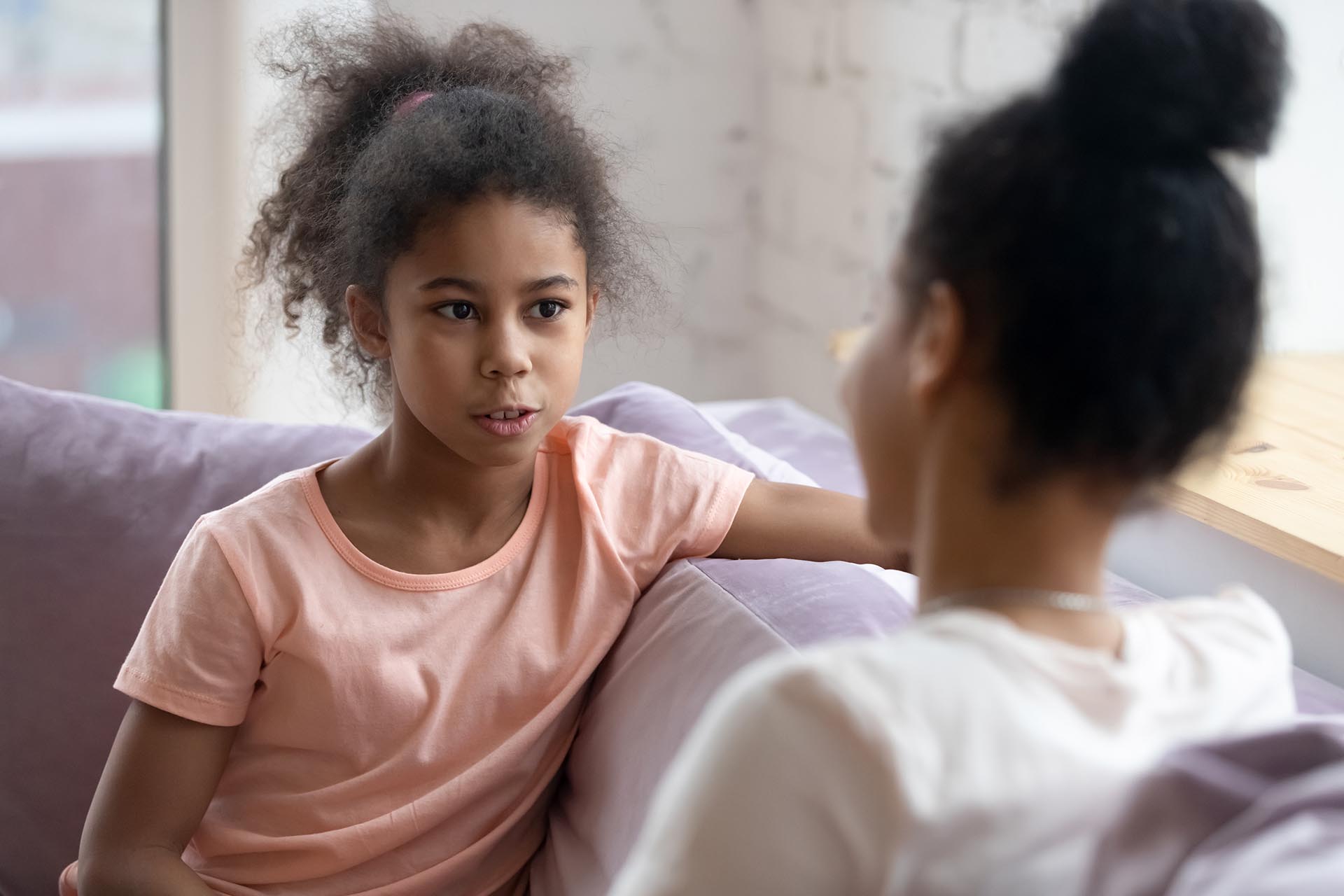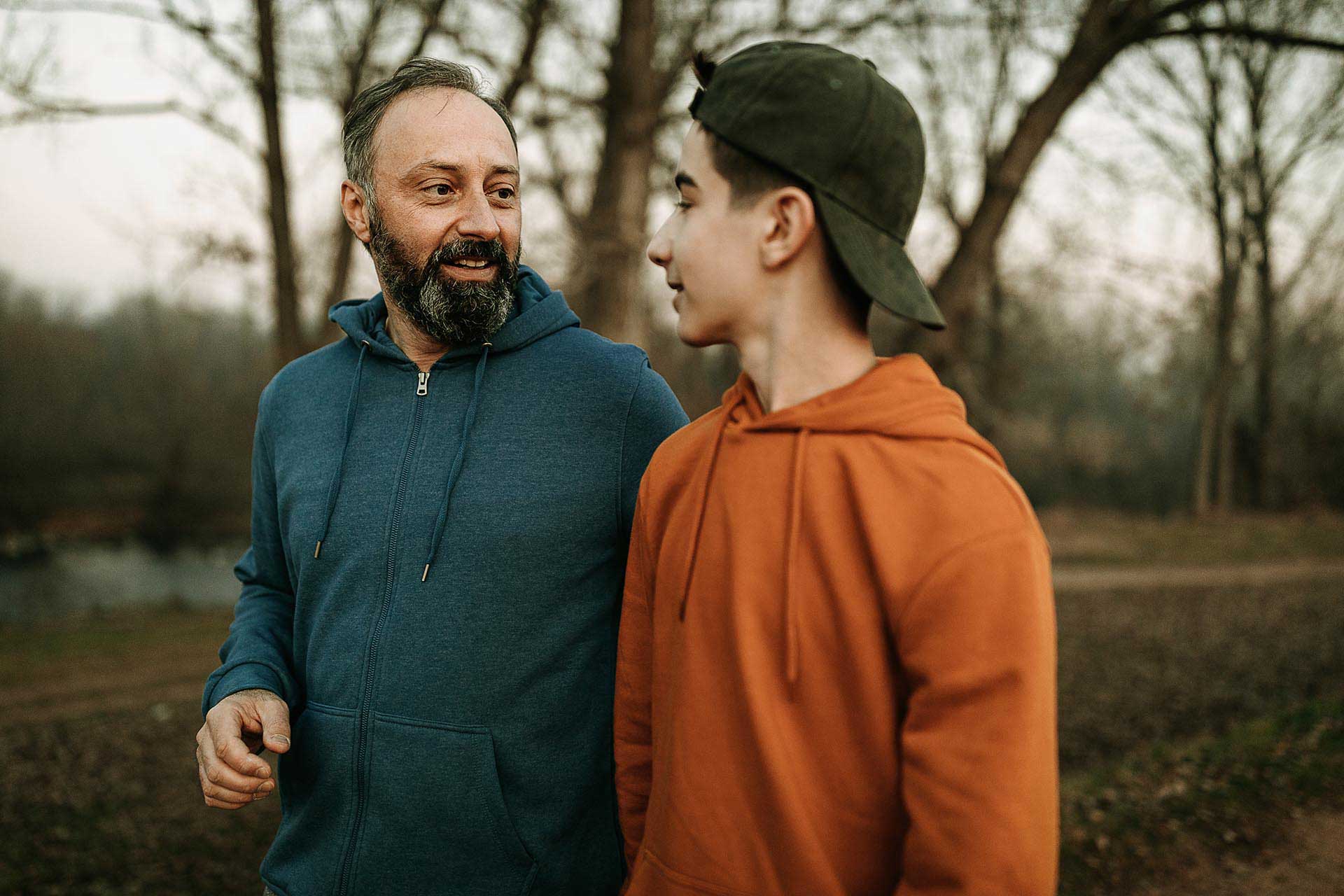Eeeeeek! We all dreaded this moment, didn’t we? This can be quite a confronting situation for parents and caregivers, but it’s important we don’t overreact. Child sexual behaviour is quite different to adult sexuality and we need to try and not confuse the two. Sexual exploration is actually a normal part of childhood, beginning from touching our genitals soon after we’re born. From between the ages of about three and six, kids are figuring out their identities and become particularly curious about body differences. But not every situation falls under ‘healthy exploration’, so do take in what’s happening. Are the children roughly the same age? If they are, then it’s likely not ‘red-flag’ behaviour. Are they using any toys or implements that they’re putting in places they shouldn’t? Does the situation seem coercive? These situations are more concerning, and need adult intervention.
If both kids seem happy and aren’t doing anything dangerous, then relax. Try to stay calm and remember that this is a normal and healthy part of their development. We don’t want to shame the kids by making them feel they’re doing something ‘wrong’. It’s okay to set limits, as long as it’s not in a way that makes them feel embarrassed or punished. You can positively put an end to the activity by saying something like, ‘It’s time to put clothes on,’ ‘The sun is out, let’s go jump on the trampoline,’ or, ‘Do you two want a snack? Let’s get dressed and come into the lounge room.’ Once the friend has gone home you can have a private conversation with your child. Let them know that it’s okay to be curious about other people’s bodies, but private parts are just for ourselves; we don’t touch others’ private parts or show our own. You can still encourage their curiosity by offering to show them a children’s book on bodies that the two of you can go over together. We’ve included a couple at the end you might want to look at.
It’s okay to establish a rule that when friends are over doors must be kept open – but don’t punish them for not having followed this rule already. When your child’s friend is picked up by a caregiver, you might want to casually mention what happened, but also that you weren’t worried by it and it seemed innocent. Kids normally grow out of these sorts of activities and while as heart-attack inducing it can feel at the time, it’s unlikely to be something you need to stress over.











